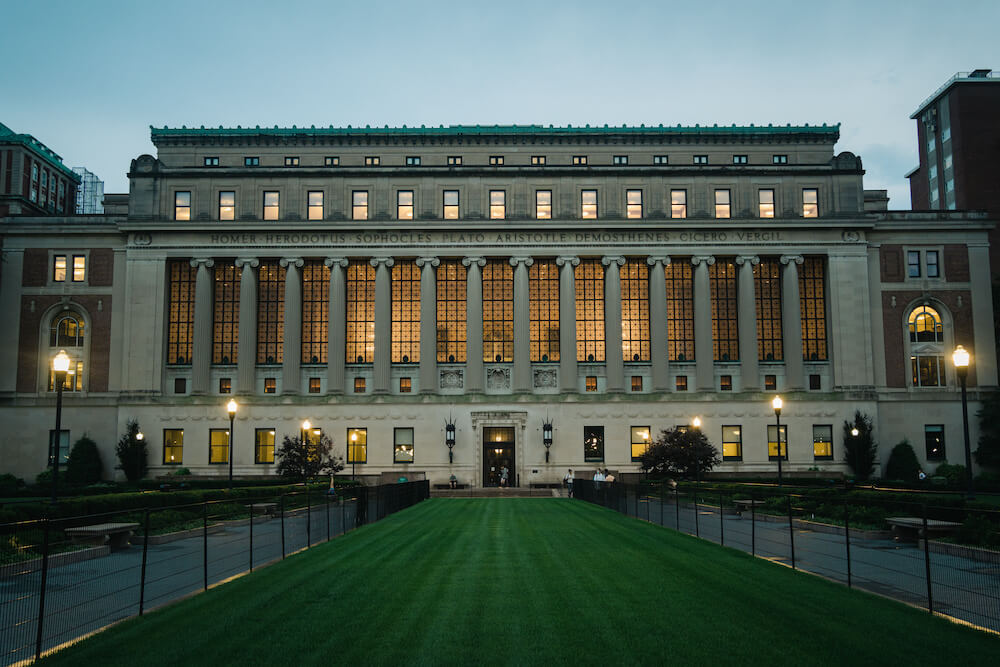Last week, Columbia University announced that they will not require standardized test scores in their admissions process going forward. The move follows years of test-optional admissions which began during the pandemic in 2020. Proponents of test-optional and test-blind policies argue that they facilitate greater diversity in applicant pools,and schools that have adopted these policies claim they allow for a more comprehensive approach to admissions.
In their announcement, Columbia emphasized that their application process aims to evaluate students holistically: “Our review is purposeful and nuanced—respecting varied backgrounds, voices and experiences—in order to best determine an applicant’s suitability for admission and ability to thrive in our curriculum and our community, and to advance access to our educational opportunities. We have designed our application to afford the greatest possible opportunity and flexibility for students to represent themselves fully and showcase their academic talents, interests and goals.”
While Columbia is the first Ivy League school to indefinitely extend their test optional policy, other top schools have instituted similar policies. On March 1, William and Mary announced that they too would suspend their standardized testing requirements, following the analysis of three test-optional admissions cycles. Similar to Columbia, William and Mary noted that the review process is incorporative of more holistic criteria than simply test scores: “Our admission process is comprehensive and multi-faceted. As we found through the pilot, we continue to enroll highly qualified students – with or without a standardized test score – capable of succeeding academically and in contributing to the William & Mary community.”
State school systems have also made sweeping changes to testing policies, including the University of Iowa system which became test-optional in January of 2022 and the University of California system which has been test-blind since late 2021.











